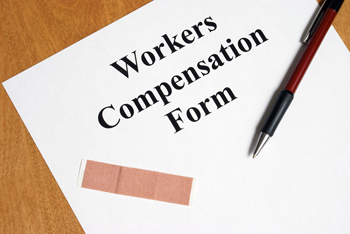Workers’ Compensation (WC) ensures medical treatment, payment during the recovery period, compensation payment for permanent disability resulting from the work injury as well as job retraining for employees who are unable to return to their old job. The workers’ compensation amount paid to employees who incur permanent impairments from their injuries varies across different states. Typically, most work injuries are covered under WC – these can be accidents, sickness resulting from exposure, cumulative trauma injuries or occupational disease. Payers often deny claims presenting psychiatric / stress injuries, those that are self inflicted, those incurred in the course of a crime or while under the use of alcohol or drugs.
Quality medical care provided in a timely manner is what the workers’ compensation system should give priority to. Employees should be able to get back to their jobs as quickly as possible so that their finances do not suffer and their families are able to lead the lifestyle they are used to. The shorter the recovery time, the more beneficial it is for the employee, employer and the system in general.
There are calls for excessive penalties in the system for claims administrators and insurers whose action or inaction contributes to the trauma or death of workers’ compensation enrollees. The question is whether this would precipitate more litigation or actually serve to do justice to the worker. As a system processing more than 20 million medical transactions per year, the workers’ compensation does have its imperfections. However, statistics shows that generally employers are approving 94 percent of the medical treatment requests they receive. In 2012, lawmakers built in a new system to scrutinize these employer decisions by employing objective medical criteria. If an employer is found to err, proper treatment is ensured to the employee by state medical reviewers who intervene. A survey by the Division of Workers’ Compensation reveals that the large majority of workers are getting the treatments they need and are happy with their physicians and specialists.
While it is true that to ensure compliance and proper, timely claims handling penalties are helpful, excessive penalties can only lead to unnecessary litigation and delay the claims processing and resolution. Needless to say, this is not what an average worker is looking for – the injured worker will be hoping to get back to work or settle the claim at the earliest possible.
Avoidable litigation will only drive up costs for state employers. On the other hand workers’ compensation costs should be directed towards timely treatment and benefits for work injuries. In cases where due benefits are denied to an employee, a workers’ compensation lawyer can help file a claim and win the case. Medical records of the worker play an important role in such litigation since they are the proof of the specific injury and condition.




